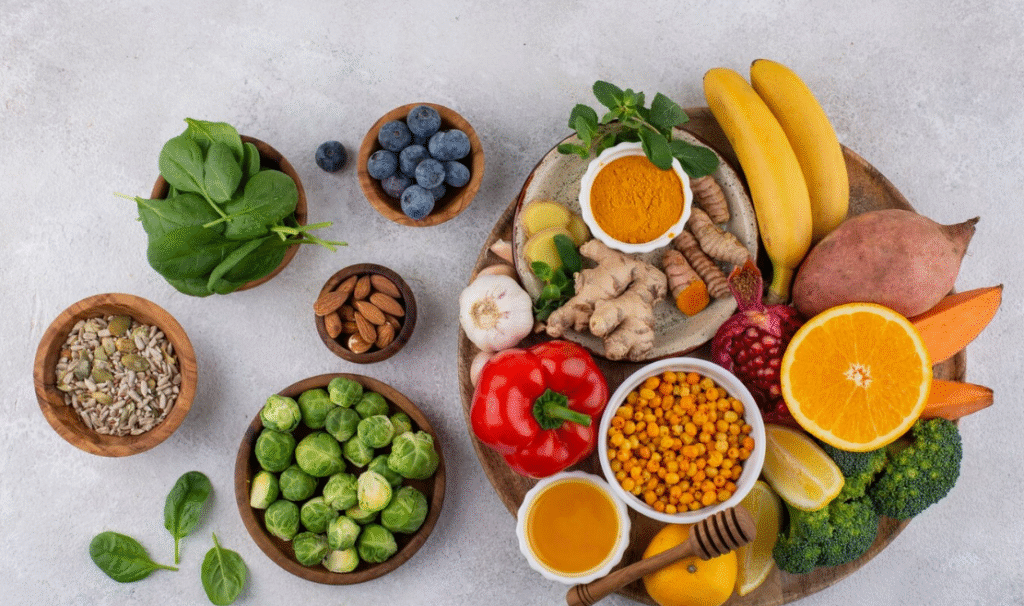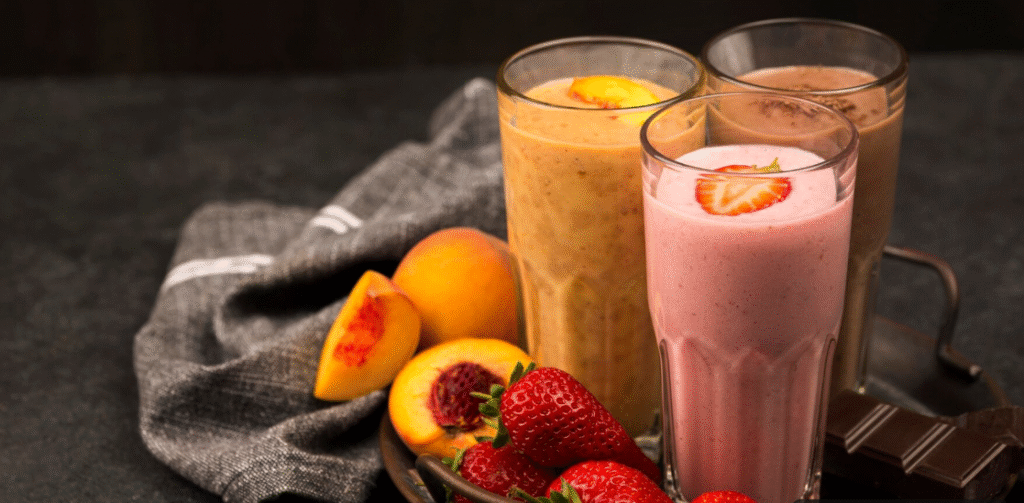Gut health has gained a lot of interest over the last few years, and rightly so, considering there has been a lot of evidence that has shown that gut health can massively affect our overall health and well-being. This article is all about how the health of our gut is linked to almost every other part of our body.
- What are Probiotics?
Probiotics are good bacteria that may help your digestion and be good for your health in other ways.
When you consume probiotics, they change the mix of the different kinds of microorganisms that already exist within your gut. This is called your gut microbiome. Along with many other things, probiotics help get rid of harmful germs, reduce inflammation, boost the immune system, and make neurotransmitters.
Probiotics are becoming very popular in the wellness business as more research shows a link between gut microbiome health and overall health. They are used to help with everything from mental health to reproductive health, and a lot of people take them every day as part of their wellness practice.
- Probiotics for Gut Health
Since probiotics work in the microbiome of your gut, one of the best places to see their effects is in gut health. If you take the right amount of probiotics, they may change the gut bacteria in a number of potential ways.
The amount of good microorganisms in your gut naturally rises when you take probiotics. This makes it harder for harmful pathogens to stick and grow along the lining of your intestines.
Probiotics also help the body make antimicrobial substances, such as short-chain fatty acids and organic acids, and boost the activity of some immune cells. Together, these effects help the body fight off dangerous microbes.
In addition, probiotics help your intestinal barrier work better and become less permeable, which stops dangerous pathogens from getting into your bloodstream.
- Diet and its Effects on Gut Microbiota
The typical human diet includes a variety of foods, such as protein, fat, and carbs, and these elements must be balanced. The community and variety of the gut microbiome have a big effect on the types and amounts of these food components. When these parts are broken down, different end products are made.
These products are very important for stopping, managing, and treating diseases like diabetes and cancer. Proteins in food are usually broken down at the very end of the gut, where the right conditions are present for proteolytic bacteria to grow. When proteins break down, amino acids, ammonia, amines, and short-chain fatty acids are often released.
There is a link between high levels of ammonia and the growth of cancerous growths. Some studies have shown that a diet high in fat can change the bacteria that live in the gut.
For example, Bacteroidetes numbers drop and Firmicutes and Proteobacteria numbers rise. Because of these changes, microbes are making less short-chain fatty acids and vitamins. Changes in the molecules have effects such as signs of disease risk and the possibility of getting sick.
- Do you Actually Need a Probiotic Supplement?
No, probiotic supplements are actually not needed. Probiotics are often added to yoghurts, fermented foods, and drinks like buttermilk, kefir kombucha.
Conclusion
Regardless of probiotics, we know that a healthy gut can certainly help you have a healthy head. So eating plenty of different plants and getting enough fibre can help you keep the Gut microbiota happy. And unsurprisingly, probiotics can be helpful for digestion and gut-related health issues. However, the research is actually quite mixed, and it is possible to draw a definitive conclusion.


